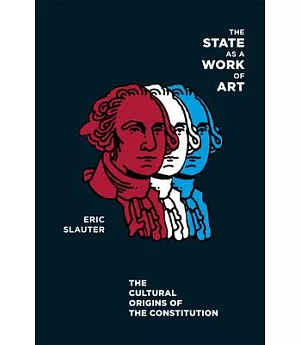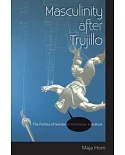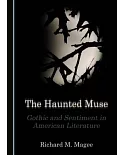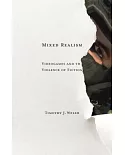For American revolutionaries, governments were works of art framed from natural rights. Since states were inherently artificial, early American politicians believed the culture of a
people must be consulted when determining what form of government is best for them. Eric Slauter explores these central ideas and offers a wide-ranging and new account of the origins and
meanings of the Constitution of the United States. Uncovering the hidden cultural histories upon which the document rests and highlighting the voices of ordinary people, he also asks how
the artifice of the state was challenged in its effort to sustain inalienable natural rights alongside slavery and to achieve political secularization at a moment of growing religious
expression.
A complement to classic studies of the Constitution’s economic, ideological, and political origins, The State as a Work of Art will speak meaningfully to anyone interested in the
origins of the Constitution, in struggles over its interpretation, or in contemporary questions about what constitutions are and do.





















